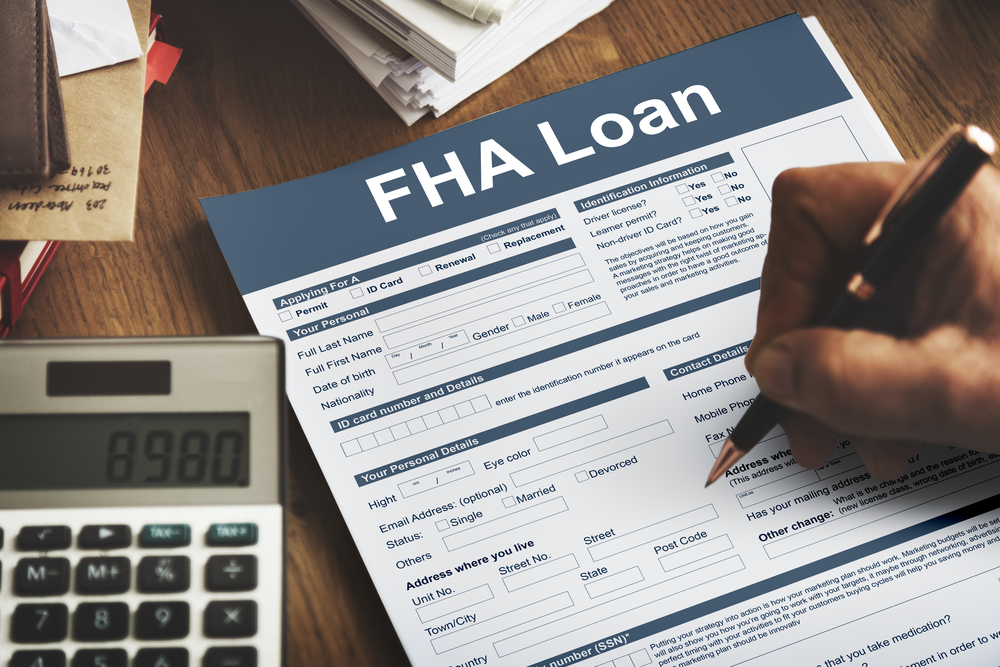Qualifying for certain loans and credit cards can be a difficult and confusing process for many of us. Homeowners have a unique advantage when it comes to borrowing money in a pinch as they may be able to qualify for a home equity loan. Follow along below as we discuss home equity loans and their pros and cons.

What’s a Home Equity Loan?
A home equity loan is a fixed or adjustable form of credit secured by how much equity you have in your home and enables you to borrow against that equity. Essentially this type of loan is a second mortgage as you will have to continue paying your primary mortgage while simultaneously making payments on your new home equity loan.
Pros
Home equity loans can save the day when you need help repaying higher interest debt elsewhere or funding home renovations. A distinctive benefit these loans offer is that while their interest rates may be slightly higher, any interest paid on them is tax deductible.
Cons
Undoubtedly the biggest risk in taking out a home equity loan is that your lender may be able to force you to sell your home to resolve the loan if you are ever unable to make your payments. Additionally, your home will have to be appraised to establish its value and you will have to provide proof of sufficient credit and income.
Final Thoughts
When considering applying for a home equity loan or any other type of loan, be sure to shop around to compare the varying plans offered by banks, credit unions, and mortgage companies in your area. At American Mortgage Resource, Inc. we have relationships with over 20 different lenders and strive to make the process as simple and smooth as possible. Contact us here to learn more about our affordable services.








